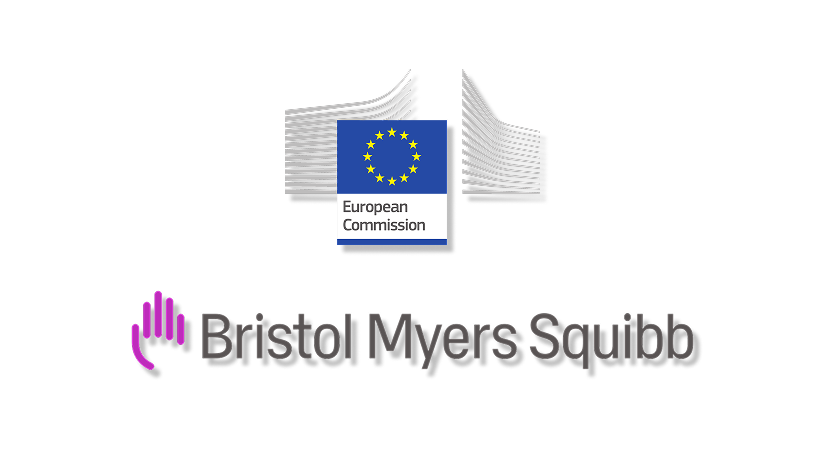European Commission Approves Bristol Myers Squibb’s Breyanzi For Relapsed Or Refractory Mantle Cell Lymphoma
EU approves BMS’s Breyanzi for relapsed or refractory mantle cell lymphoma after BTK inhibitor therapy, offering a durable CAR-T option for hard-to-treat patients.
Breaking News
Nov 26, 2025
Vaibhavi M.

Bristol Myers Squibb announced that the European Commission has approved Breyanzi® (lisocabtagene maraleucel) for adults with relapsed or refractory mantle cell lymphoma (MCL) who have undergone at least two prior systemic treatments, including a BTK inhibitor. Breyanzi is a CD19-directed CAR-T cell therapy designed for heavily pre-treated patients, offering a personalized, immune-based approach to managing aggressive lymphoma.
“This approval for Breyanzi in relapsed or refractory mantle cell lymphoma marks another important step as we continue to deliver on the promise of cell therapy for more eligible patients across Europe – the fourth approval for Breyanzi in Europe,” said Emma Charles, senior vice president, Europe Region, Bristol Myers Squibb. “While frontline therapies have advanced over the years for this rare but aggressive form of non-Hodgkin lymphoma, the vast majority of patients relapse or become resistant and face reduced survival outlook, leaving a critical need for new treatment options. Breyanzi has the opportunity to address a treatment gap for this patient population based on its demonstrated clinical benefit.”
The approval is supported by results from the MCL cohort of the TRANSCEND NHL 001 trial, which showed strong clinical activity in the third-line and later settings. Breyanzi achieved an overall response rate of 82.7% and a complete response rate of 71.6%, with rapid responses occurring within approximately one month. More than half of responding patients maintained their response at the two-year mark, reinforcing the durability of the therapy’s benefit.
Breyanzi’s safety profile remained consistent with previous trials, with most cytokine release syndrome (CRS) and neurological events occurring within the first 14 days after infusion. CRS was reported in 61% of patients, but only 1% experienced severe grade 3–4 events, while neurological toxicities occurred in 31% of patients. This expanded approval now applies across the European Union and EEA, adding to Breyanzi’s existing approvals for multiple relapsed or refractory B-cell lymphomas.
